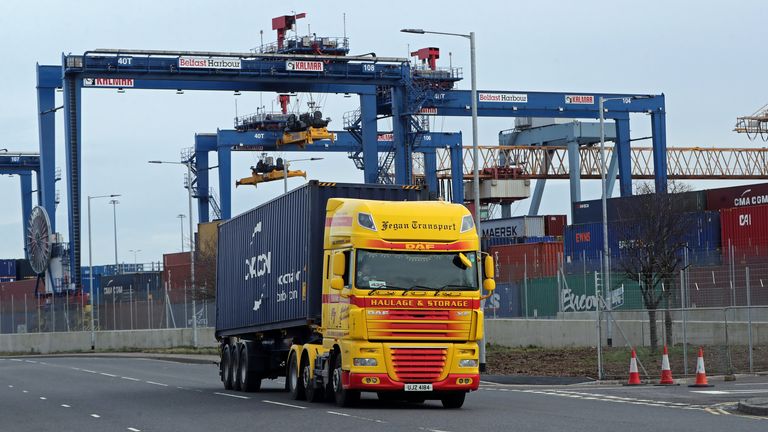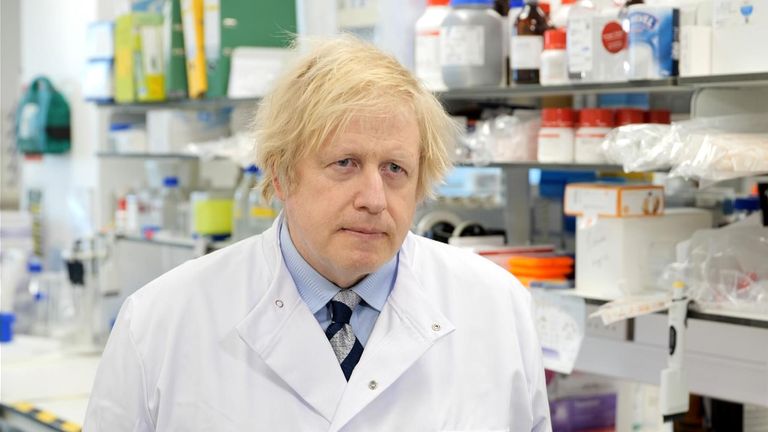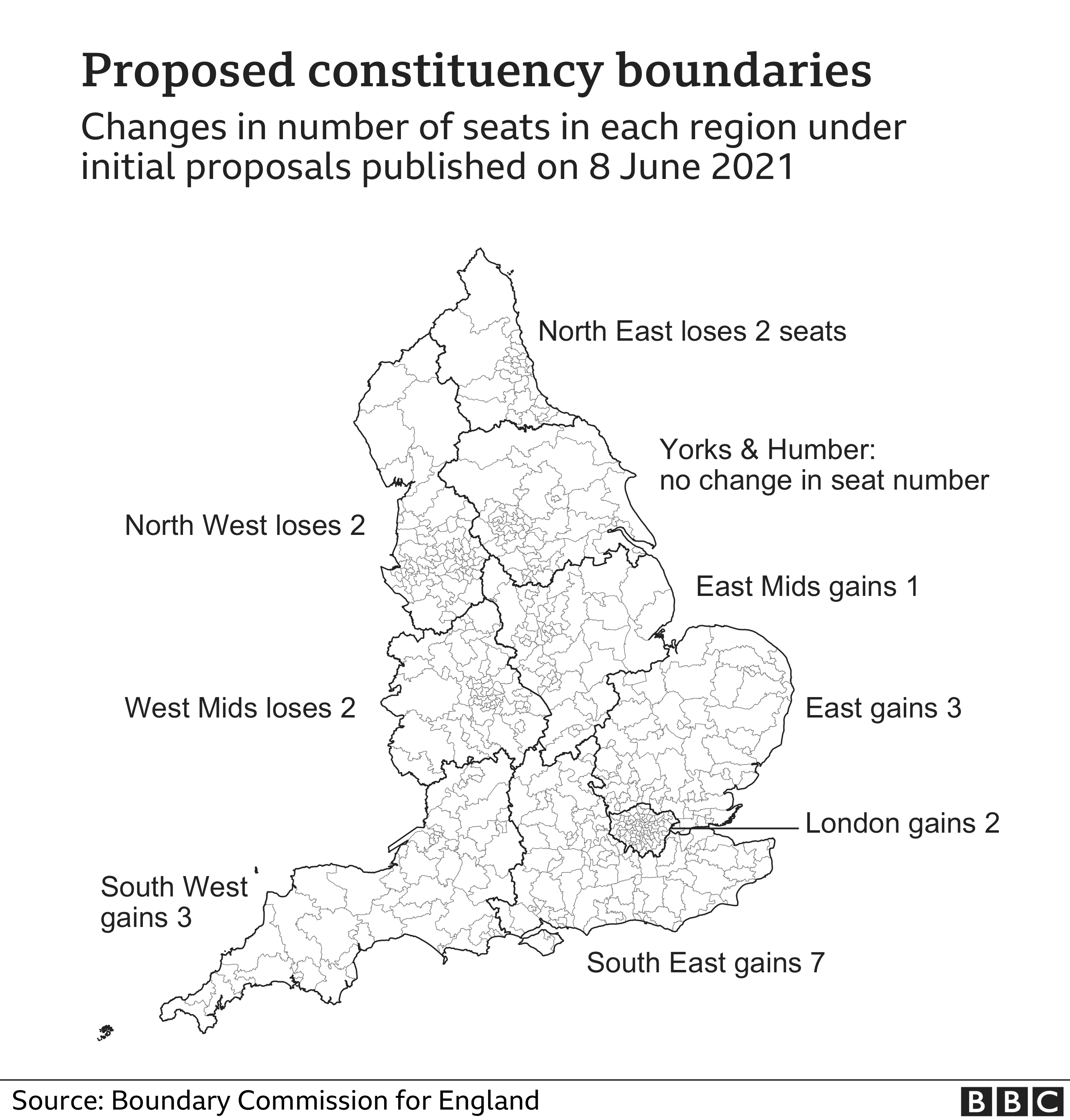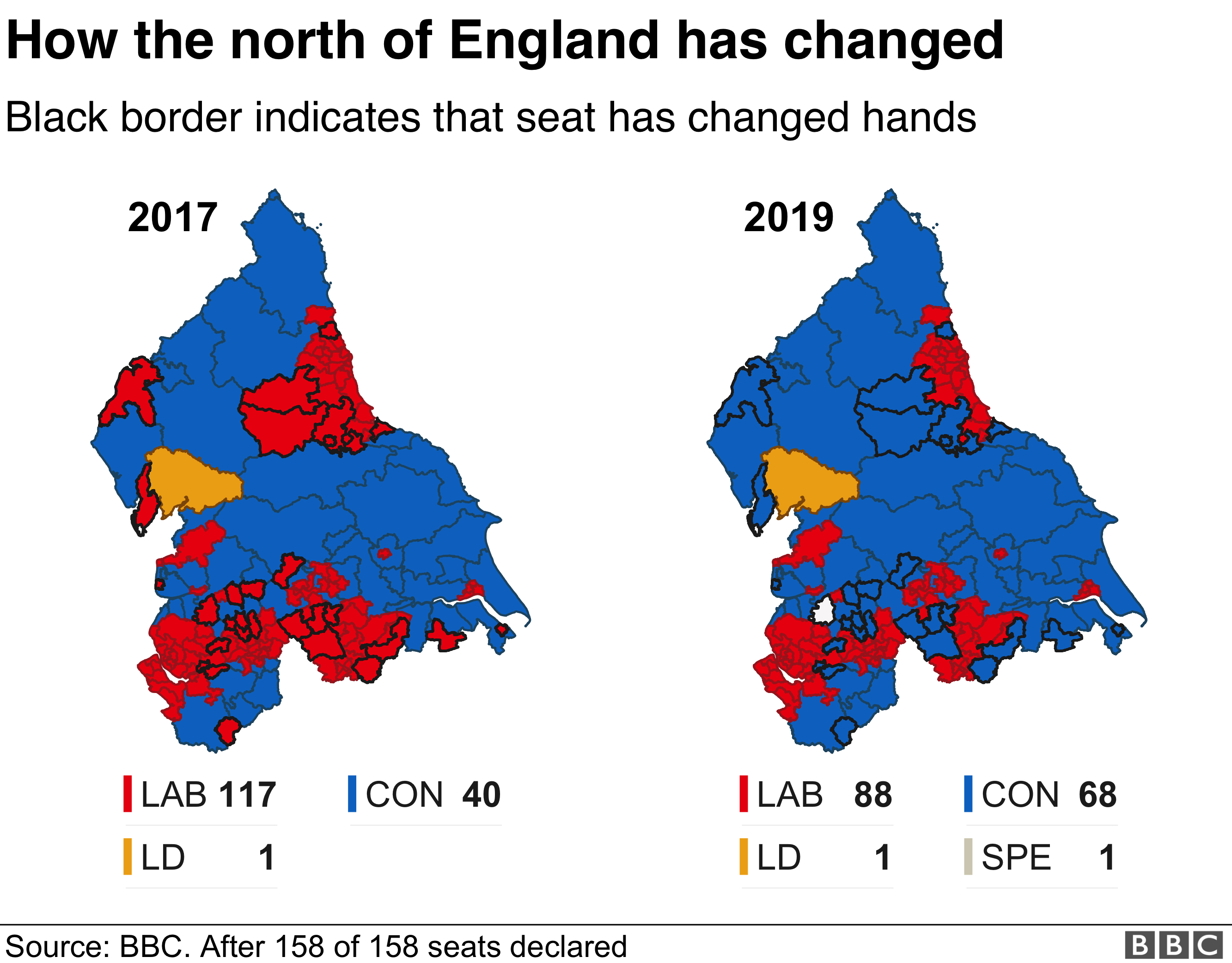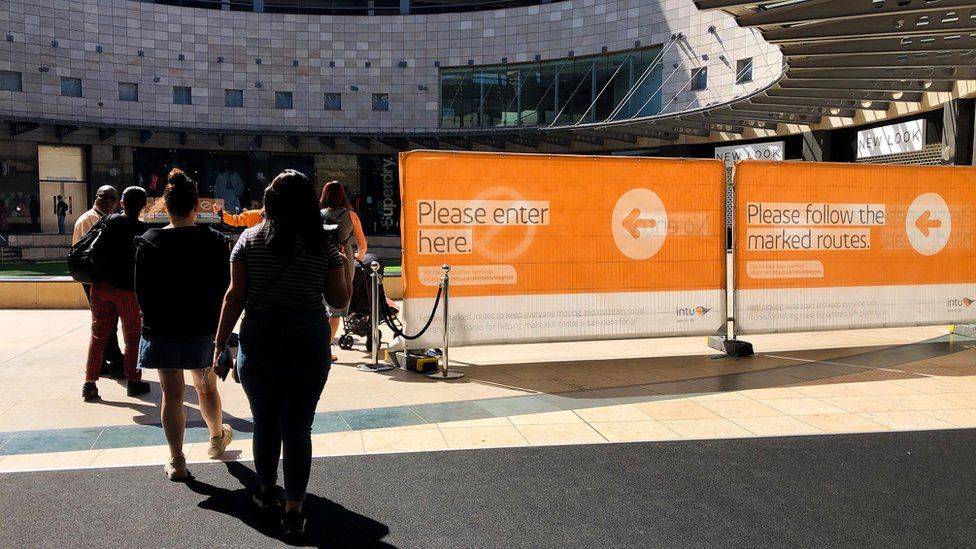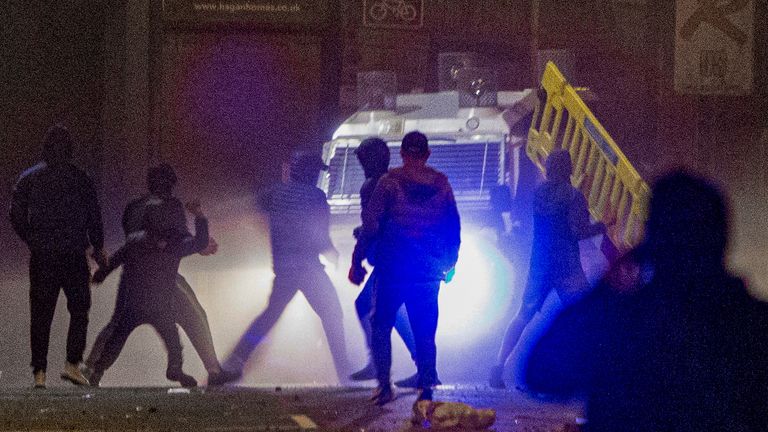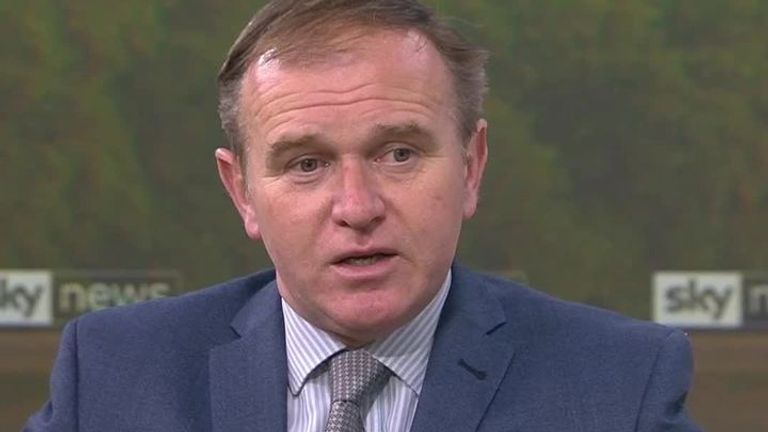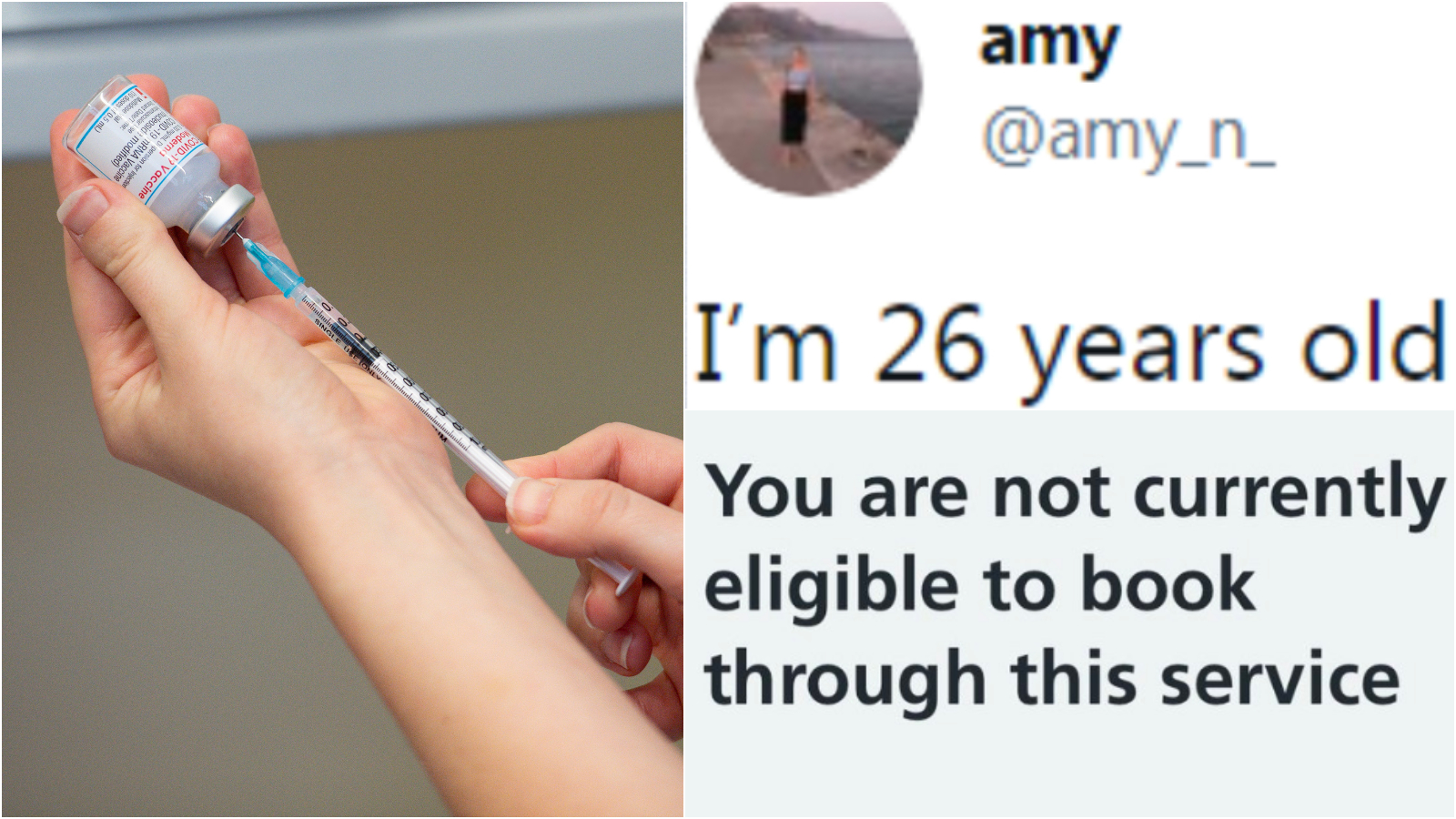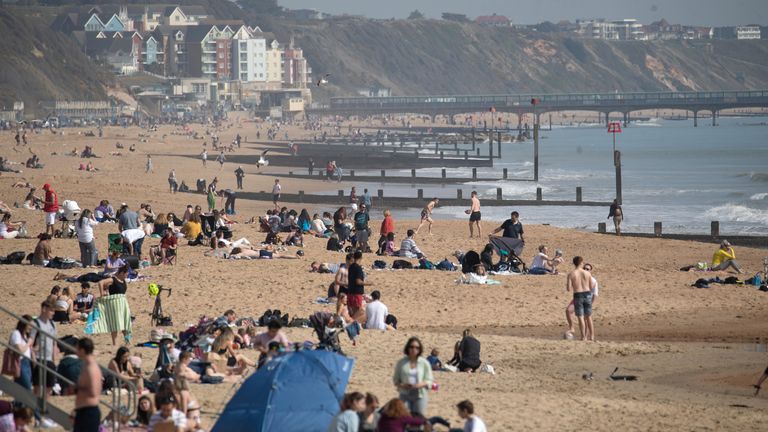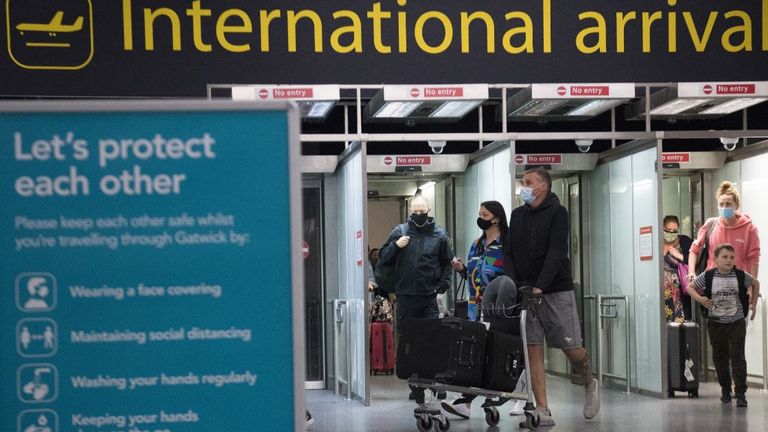Greater Manchester and Lancashire will have access to military back-up and surge testing as part of a “strengthened package of support” to combat the spread of the Delta variant of coronavirus, the government announced on Tuesday.
The two regions in northern England were also added to a list of areas, including Leicester and Hounslow in west London, where travel and indoor mixing is discouraged. Supervised in-school testing will also begin, health secretary Matt Hancock told the House of Commons
The announcement will add to fears that the spread of the Delta variant, first identified in India, could scupper prime minister Boris Johnson’s hopes of lifting all remaining restrictions on social contact on June 21.
At the end of the week, the UK government’s main scientific advisory bodies, Sage and Nervtag, will meet to assess the latest data about the spread of the Delta variant of Covid-19 in England.
Their conclusions about what the data say about how the Delta variant affects transmission, vaccine efficacy and rates of severe disease will significantly influence ministers’ decisions.
Has transmissibility increased?
In mid-May, the Delta variant of Covid-19 overtook the Alpha variant, first identified in Kent, to become the dominant strain of the virus in England.
Three-quarters of the nearly 14,000 viral genomes sequenced in England by the Wellcome Sanger Institute in the two weeks to May 29 were Delta.

Peter Openshaw, professor of experimental medicine at Imperial College London and a member of Nervtag, told the Financial Times the Delta variant’s “considerable competitive advantage” was now “beyond doubt” despite the “exact degree” to which it increases transmissibility being “unclear”.
Hancock confirmed on Monday that the strain was at least 40 per cent more transmissible than the previously dominant Alpha variant.
“Higher infectivity means it could rip through unvaccinated populations if life returns to normal in a fortnight,” Openshaw said.
Oliver Johnson, director of the Institute for Statistical Science at Bristol university, said the “compound interest effect” from “each new generation of the virus” added to the “danger [from] further unlocking”.
At its current weekly growth rate of 50 per cent, there could be at least 10,000 cases a day by June 21, he said.
How effective are vaccines against the variant?
Scientists are reassured by the sustained pace of England’s vaccine rollout and the way fully vaccinated people have fought off symptomatic and severe disease.
Of the 126 Delta variant cases in hospitals across England, only three people had received both doses of a vaccine, according to Hancock, while 28 had been given a single dose.
Based on the data, FT analysis suggests two doses of a vaccine are about 95 per cent effective at preventing hospital admission with the Delta variant, and one dose upwards of 70 per cent.

Ian Jones, a virology professor at Reading university, said the data implied the vaccines would “restrain” the Delta variant even if the government proceeded with step four of its road map out of lockdown.
“If [the vaccines] are stopping hospitalisations and very likely deaths, there’s not much more you can ask for,” he said.
According to PHE, the effectiveness of both the Oxford/AstraZeneca and BioNTech/Pfizer vaccines in preventing symptomatic disease after a single dose drops to 33 per cent because of the Delta variant.
But, after two doses, this figure rises steeply to 60 per cent for Oxford/AstraZeneca and 88 per cent for BioNTech/Pfizer.
Deborah Dunn-Walters, chair of the British Society for Immunology’s Covid-19 task force, who has advised Sage, told the FT: “We thus appear to be in a race between giving two vaccine doses to everyone versus the spread of the Delta variant.”
By 7 June, 53.6 per cent of adults in the UK had received both doses of a vaccine.
Dunn-Walters called on the government “not to abandon all our infection control measures”, citing the fact that two-thirds of those in hospital with the Delta variant were unvaccinated and that 20 per cent had received just one dose.
Does the variant cause more severe disease?
As the Delta variant has only been present in the UK since mid-March and been the dominant strain for just a matter of weeks, its effect on the severity of the virus is only beginning to emerge in the data.
The latest Public Health England data suggest the Delta variant increases the risk of hospitalisation by 2.6 times and critical care admission by 1.6 times compared with the Alpha variant.
However, Jones warned against jumping to “quick conclusions” about the hospitalisation rate. “At one point, our best estimates implied the Kent [Alpha] variant had a higher death rate but that’s since been proven not to be the case,” he said.
Whether or not the current estimate holds or declines, greater transmissibility is a bigger concern than greater severity, according to Nick Davies, an epidemiological modeller at the London School of Hygiene and Tropical Medicine and member of the UK’s Scientific Pandemic Influenza Group on Modelling (Spi-M).
“All else [being] equal, an increase in transmissibility is a greater cause for concern than an increase in severity, because an increase in transmissibility makes the virus that much harder to control and threatens to undo more of the progress we’ve made in administering vaccines,” said Davies.
How are hospitals coping?
After falling for months, hospital admissions and patient numbers are now climbing across most of the UK, with the north-west of England showing signs of exponential growth.
Between May 22 and 29, weekly admissions climbed by a third from 121 to 163. The following week saw another 31 per cent rise to 214.
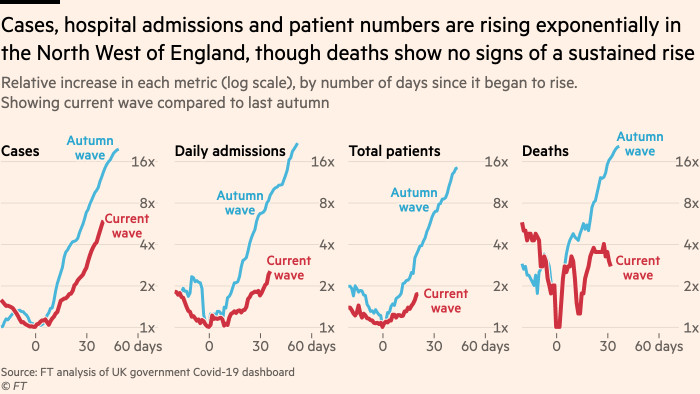
That rise has been driven by younger adults, among whom admissions are climbing at the same rate as they did last September, while rates for over-65s are declining.
“We are in a much, much better situation than we would have been without vaccines protecting the majority of vulnerable people”, said Davies. “But we will still see transmission among people who have not been offered the vaccine yet, and to a lesser extent, those with only one vaccine dose”.
https://news.google.com/__i/rss/rd/articles/CBMiP2h0dHBzOi8vd3d3LmZ0LmNvbS9jb250ZW50L2YyYWUwMGVlLWUzYWUtNDhiNS04NTNlLTQ5ZjVjYjU0MDMyMdIBAA?oc=5
2021-06-08 18:31:51Z
52781654263641

